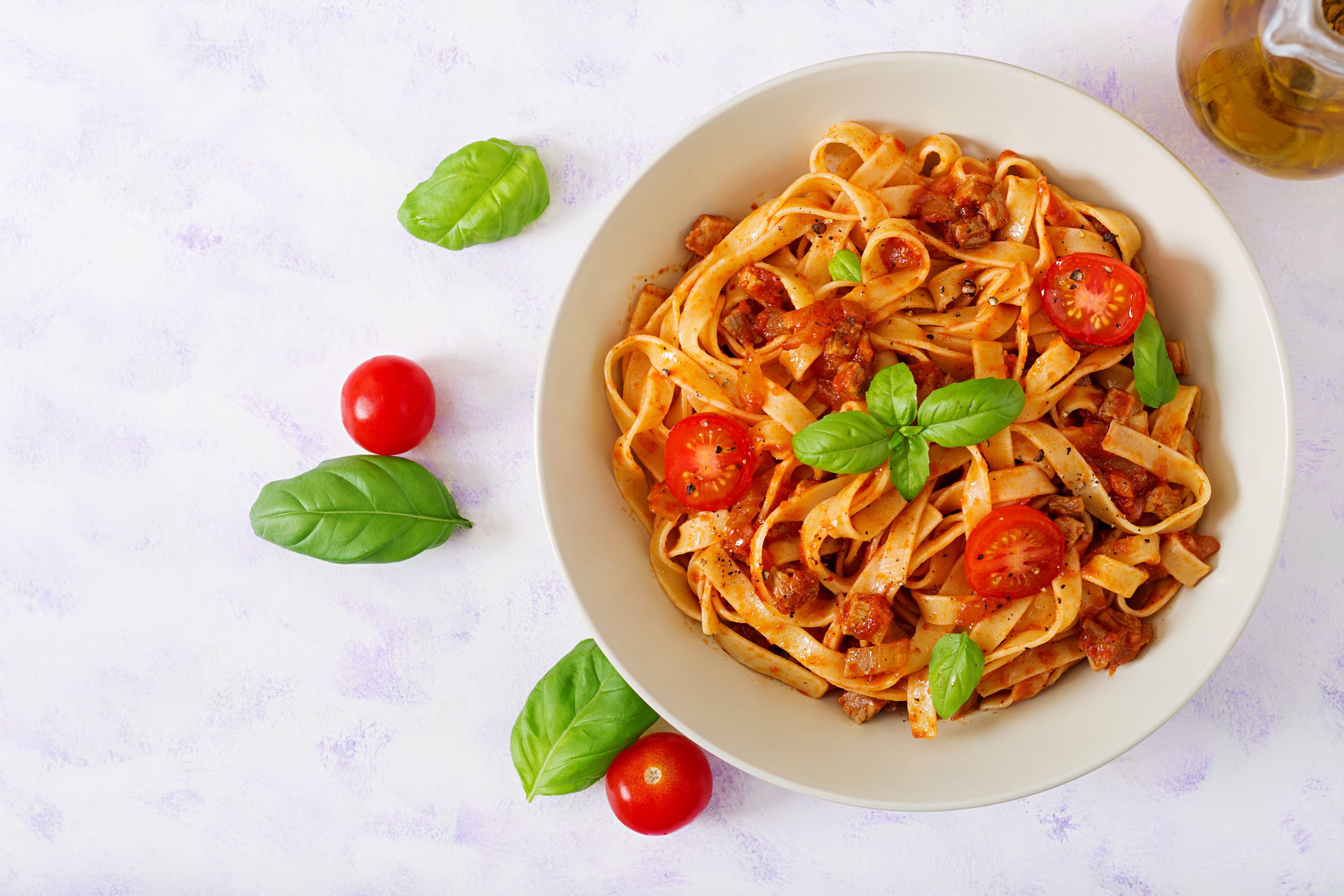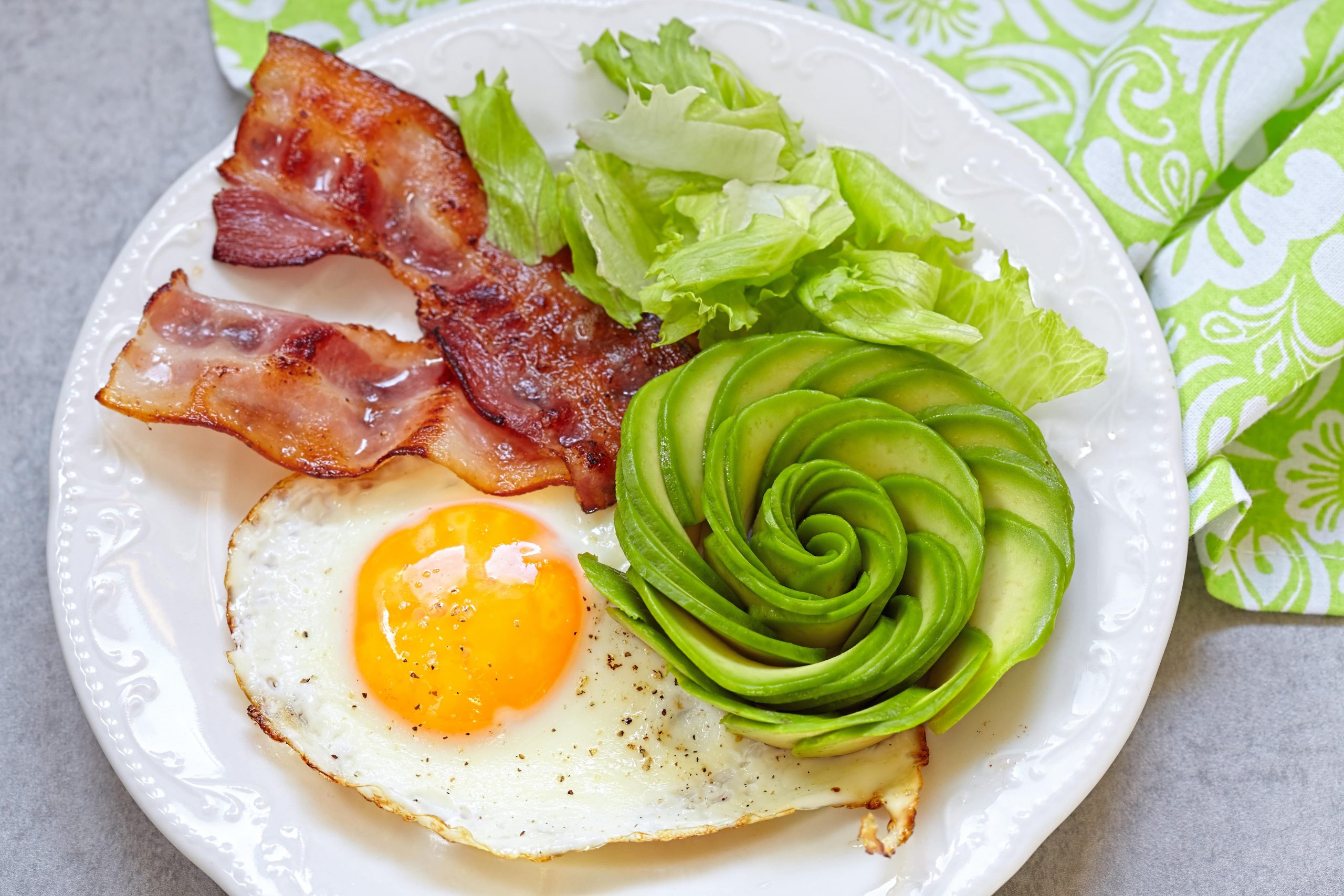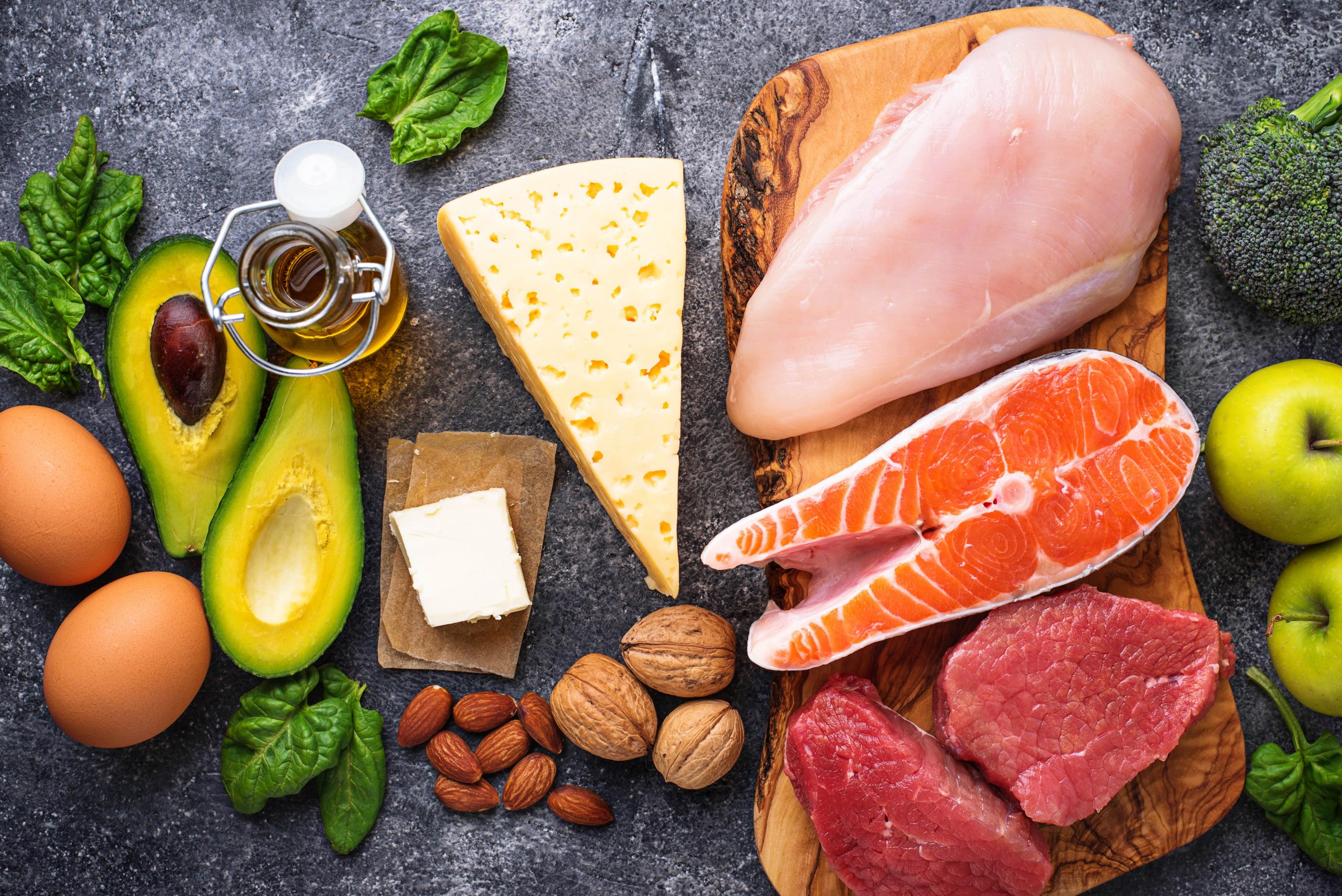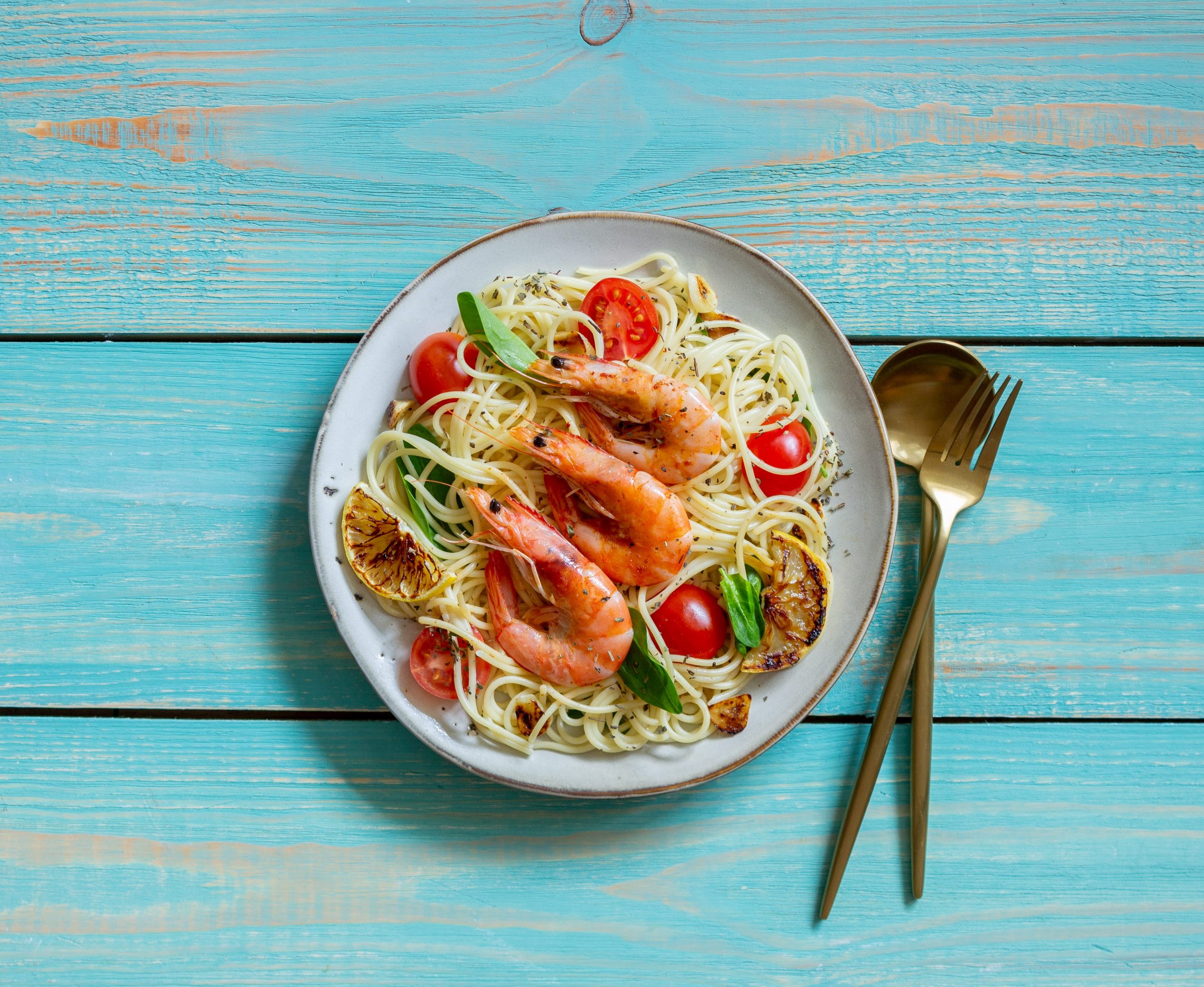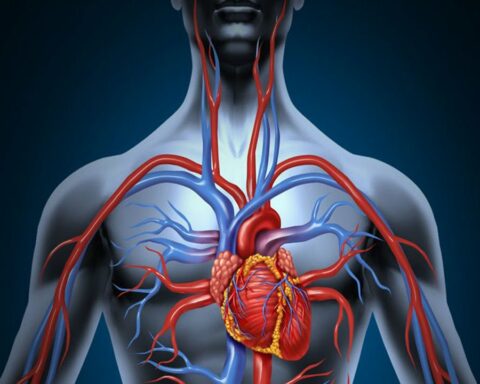Pasta offers an easy and quick way to satisfy your hunger. Across many cultures, it is nearly becoming a versatile food. However, pasta is highly rich in carbs which some people may need to limit.
For various reasons, people may want to avoid wheat pasta or carbs. These may include following a low-carb diet, being intolerant to gluten, or categorically avoiding the feelings of bloat or gas after a meal.Still, there are those who may not want to exclusively quit on pasta and its accompanied salivating sauces. Such people may as well go for the low-carb pasta. This article points out the best low-carb substitutes for pasta and noodles.
1. Spaghetti Squash
Spaghetti squash is a great alternative to pasta. This delicious starchy vegetable hails from the Northern and Central parts of America. It has yellow-orange flesh which when cooked, has spaghetti-like noodles and can easily be separated with a fork.According to the database at the Self NutritionData, for every 100 g of spaghetti squash, there is 6.5 g of carbs which is about 20 percent of carbs that could be obtained from 100 of pasta. Additionally, spaghetti squash contains lots of vitamins such as vitamin A, vitamin C, vitamin E, vitamin K, and a variety of B vitamins.
To get the best out of spaghetti squash when you are preparing it, you need to prick it randomly with a fork and then bake it at 180 °C for 30 to 45 minutes. Other methods of preparing spaghetti squash include slicing it into two and microwaving it on high for 8 minutes, or boiling it for 20 minutes. Thereafter, you can top it with a sauce after separating the flesh into strings.
2. Spiralized Vegetables
In recent years, spiralized vegetables have gained attention in the culinary world. This is because they provide an easy and gorgeous way of eating added vegetables in your diet.Spiralized vegetables are simply made by slicing them with a spiralizer, which is a kitchen device specially made for cutting vegetables into long strips with noodle-like looks.
Different types of vegetables can be spiralized but the best ones you can try successfully include carrots, beets, cucumbers, turnips, and zucchini. According to the database in Self NutritionData, spiralized vegetables are perfectly lower in carbs than pasta. They are also good sources of fiber, vitamins, and minerals.
According to the studies by the National Center for Biotechnology Information, incorporating vegetables routinely into your diet can benefit your health and may lower the risk of developing diseases such as heart diseases, certain types of cancer, and diabetes. Increasing your intake of vegetables may also help you lose weight easily.To obtain the entire nutrients from your spiralized vegetable, you need not peel it as most vegetable stores many of their nutrients on their peels. You can consume them cold or warm or tossed.
3. Cauliflower Couscous
Many people have replaced rice with cauliflower. Interestingly, it may as well replace couscous. Cauliflower is one of the cruciferous vegetables that comes along with lots of potential health benefits which may include reducing the risk of cancer. According to the studies by the National Center for Biotechnology Information, cauliflower boosts your body with folate, fiber, and several vitamins such as vitamin C, E, and K.
The Self NutritionData’s database says that in just 100 g of cauliflower, there is 4 g of carbs which is about 13% of the carb gained from the same amount of pasta. To replace pasta with cauliflower couscous, break them into florets and put them in a food processor which can grate them into the size of rice.You will need to add a small amount of oil and sauté your couscous of cauliflower for 60-120 seconds, cover it and cook it to tenderness for 5-8 minutes.
4. Celeriac Couscous
Celeriac is a root vegetable of Mediterranean origin and is a close brother to celery. It has a slightly spicy flavor. According to the database on Self NutritionData, celeriac is highly loaded with manganese, phosphorus, vitamin B6, and vitamin C.When compared to cauliflower, celeriac has a little bit more content of carb, at 6 g for every 100 g. However, it can still be a perfect substitute for pasta. If you want to prepare it, simply cut the celeriac into smaller pieces, put it in a food processor to grate it then sauté it until it becomes tender.
5. Eggplant Lasagna
Eggplant is also known as aubergine and is native to India. Botanists consider eggplant as a berry, yet we still consume it as a vegetable. In just a serving of 100 g of eggplant, there is up to 9 g of carbs. This is almost 3.5 times fewer than that found in pasta, according to the Self NutritionData. Eggplant is also rich in fiber, vitamins, and minerals such as thiamine, manganese, and vitamin K. To prepare eggplant lasagna, cut the eggplant into thin slices, apply oil on both sides, and roast until they become soft and golden.
6. Onion Noodles
Onions are nutritive, but only a few know that they can replace pasta. Onions contain just a third of the carbs present in pasta. They are also rich in folate, fiber, vitamin C, phosphorus, and potassium. To prepare your onions into pasta, simply peel and slice them into a half centimeter (0.5 cm) slices, separate the rings and place them in a roasting pan. Put in oil, salt, and pepper then roast for half an hour.
7. Sprouts
Simply put, sprouts are seeds that have grown and become young plants. Various seeds such as peas, beans, vegetable seeds, nuts, and grains can be sprouted. Their carb content compared to that of pasta ranges from 7% to 70% for alfalfa and lentils sprout respectively. You need to blanch the sprouts for a few seconds by boiling, remove, and drizzle cold water on them before topping them with a sauce.
Conclusion
Pasta are a great way of increasing carb intake in your diet. However, some people who are intolerant to gluten or are following a low-carb diet may need to eliminate pasta or go for a low-carb pasta. You can replace pasta with sprouts and cauliflower couscous among others.
- How to Manage or Improve Anxiety - September 21, 2023
- The birth of a company - July 29, 2023
- Online Fitness & Nutrition/Personal Training by Rob Powell - July 7, 2023

